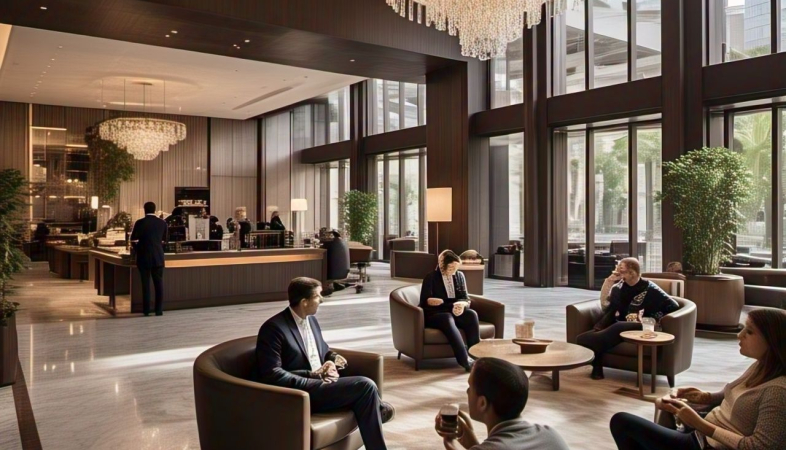Guest Behavior Analytics: How Data is Reshaping Hotel Services
The future of hospitality lies in harnessing the power of data while maintaining a human touch.
The hospitality industry is undergoing a data-driven
transformation, with guest behavior analytics playing a crucial role in
reshaping hotel services. As technology advances, hotels are no longer relying
solely on traditional guest feedback; instead, they are leveraging real-time
data to personalize experiences, optimize operations, and anticipate guest
needs like never before.
One of the most significant impacts of guest behavior analytics is the ability to deliver hyper-personalized services. By tracking past bookings, preferences, and spending habits, hotels can tailor offerings to individual guests. Whether it’s ensuring a guest’s preferred room temperature, providing a welcome drink they love, or offering customized room service suggestions, data helps create a more seamless and delightful stay.
Predictive analytics is also revolutionizing hotel operations. Hotels can analyze booking trends and guest demand to optimize room pricing dynamically. This ensures competitive rates while maximizing occupancy and revenue. Similarly, data-driven insights help in efficient staffing, ensuring that resources are allocated based on peak check-in times, housekeeping demands, and restaurant reservations.
Beyond enhancing the guest experience, analytics is helping hotels improve guest retention. Understanding which factors contribute to a memorable stay—be it the comfort of the bed, the quality of in-room dining, or the speed of check-in—enables hotels to refine their services and foster guest loyalty. Loyalty programs, too, are becoming more data-centric, offering rewards and perks based on a guest’s unique preferences and behaviors.
Real-time monitoring of guest interactions also plays a role in immediate service recovery. If a guest expresses dissatisfaction in a review or social media post, AI-powered analytics can flag the concern instantly, allowing hotel management to address the issue before it escalates. This proactive approach helps in maintaining a positive brand reputation.
Moreover, guest behavior analytics extends beyond the hotel stay. Insights from past visits allow hotels to craft targeted marketing campaigns, sending personalized offers that align with a guest’s previous choices. Whether it’s an exclusive spa package for a frequent wellness traveler or a family-friendly discount for repeat vacationers, data ensures marketing efforts are relevant and effective.
Privacy concerns, however, remain an essential consideration. While guest analytics can significantly enhance hotel services, ensuring transparency and data security is critical. Many hotels are now adopting ethical data collection practices, offering guests control over what information they share, and using anonymized data for broader trend analysis.
The future of hospitality lies in harnessing the power of data while maintaining a human touch. With AI, machine learning, and predictive analytics continuing to evolve, hotels that leverage guest behavior insights effectively will not only stay ahead of the competition but also redefine what exceptional service truly means.
.png)





























